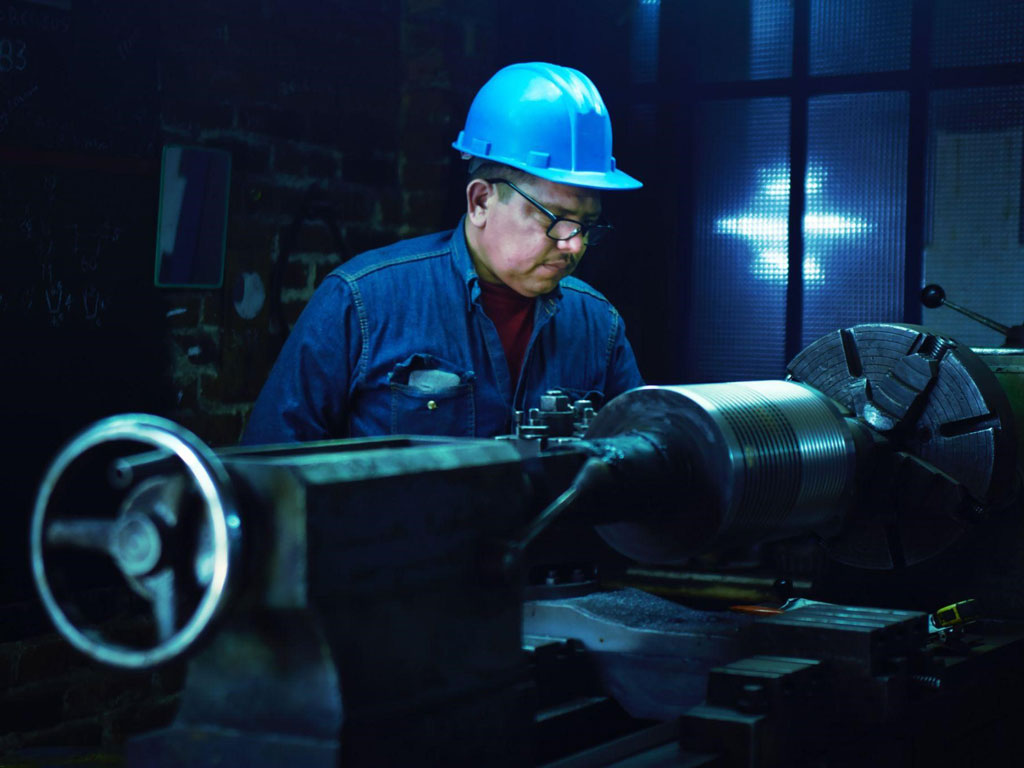The 2020 global pandemic was bad news for most of the world, but some silver linings have emerged. One of them is a resurgence in manufacturing in the U.S. The pandemic exposed many weaknesses in the global distribution and supply chain networks. U.S. companies began to see the problems created by their reliance on outsourcing parts and processes to other parts of the globe.
The result is that U.S. firms created 349,000 new manufacturing jobs in 2021 — the most in nearly 30 years. The manufacturing industry has always presented an attractive target for business buyers and the market is heating up. Here are some of the reasons why.
As manufacturers and retailers try to reduce the risk and costs associated with outsourcing and shipping from countries like China, they’ve been looking for domestic manufacturers to take on their business. Companies have been returning manufacturing operations to the U.S. at a steady rate since tariffs and higher costs overseas have been making offshoring less competitive. They’ve also been diversifying their geographic base to offset risks associated with regional disasters like storms and wildfires.
Pride of Ownership
Many buyers are attracted to manufacturing because they take pride in being part of an industry that makes things. Buyers who have an engineering or mechanical mindset enjoy the analytical aspects of the business.
Barrier to Entry
Manufacturing can be capital-intensive since machinery may be costly and require constant monitoring and preventative maintenance. But that is also a barrier to entry for competitors, as is the technical expertise required to start a business from the ground up.
Repeat Business
Many manufacturing companies sell their products through dealers and distributorships, meaning that the business model has a motivated sales force moving the products for the manufacturer. It also means that steady repeat business makes revenue projections easier and more reliable.
Recession Resistant (Depending on the Product)
Some manufacturers not only survive recessions well but may even thrive during difficult times. Companies that were able to switch to meeting the surging need for commodities such as hand sanitizer during the pandemic did well. The companies that manufactured plexiglass panel dividers saw demand increase by 300 percent in 2020. The demand for gloves, masks and other protective equipment also soared, along with exercise equipment and home improvement and organization goods.
Meaningful Impact on the World
Manufacturing is how we solve problems. That makes it a creative and innovative industry. Manufacturers not only make products; they also make the packaging the products ship in, accessories and repair parts, and storage for those products. They find solutions for reusing and recycling the products. The manufacturers who develop a process for recycling all the plastic waste from the plexiglass partitions and other healthcare packaging left over from the pandemic will not only make a lot of money – they will make the world a better place.
Intellectual Property
If a manufacturer has patents, intellectual property, unique processes or designs, the value of the company can increase considerably. The same goes for human capital; a company with a strong management structure and solid training programs will be even more attractive to buyers.
Opportunity to Innovate
There’s also room for technical innovation in manufacturing. Advances in robotics and computer-assisted design and processes will continue to bring down costs, improve efficiency, and reduce the hiring, training, and retention issues that manufacturers will face in the future. Manufacturing has historically been one of the most important industries in the U.S., and the future looks bright for owners who design, build and repair the goods we use every day.
If you are considering selling your manufacturing business in the near future, rest assured that there will be strong interest for good manufacturing companies. Consider exit planning as early as possible to position your company for the most successful sale.


